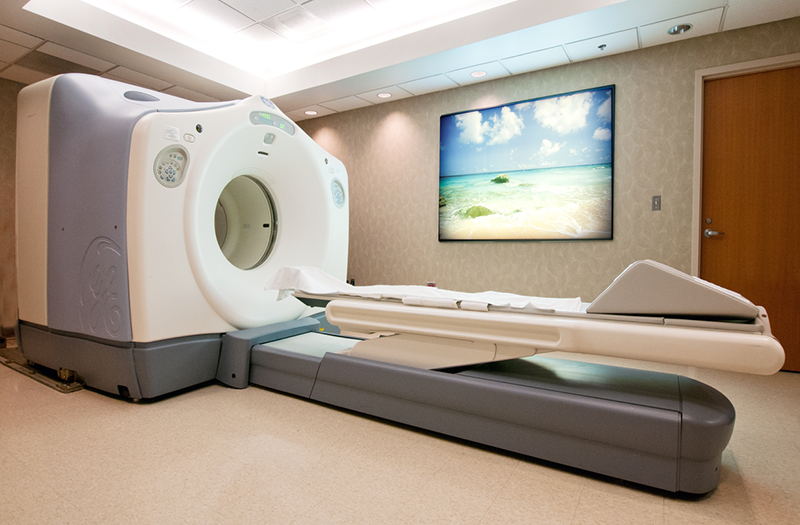
PSMA in medicine
Prostate-Specific Membrane Antigen (PSMA) is a cellular protein that is prominently expressed in prostate cancer cells. PSMA has attracted much attention as a targeted biomarker for the diagnosis and treatment of prostate cancer. This protein is found not only in prostate cancer cells, but also in lower amounts in some other normal tissues. However, the overexpression of PSMA in cancer cells makes it an attractive target for diagnostic and therapeutic approaches.
Diagnosis: The use of PSMA in imaging modalities plays an important role in the accurate diagnosis of prostate cancer. One of the most popular modalities is PET/CT imaging using radiopharmaceuticals labeled with PSMA ligands. These radiopharmaceuticals bind to PSMA, allowing for precise imaging of the location of cancer cells. This modality is particularly effective for patients with advanced or recurrent prostate cancer.
Studies have shown that PSMA-PET/CT imaging can identify small cancers and metastatic tumors that are undetectable with conventional imaging methods.
Treatment: Treatment using PSMA involves methods such as targeted radiotherapy. In this method, radiopharmaceuticals that bind to PSMA are used to deliver radiation directly to cancer cells. These radiopharmaceuticals use radioactive isotopes such as lutrasium-177 or actinium-225, which are able to destroy cancer cells with minimal damage to surrounding healthy tissue.
In addition to radiotherapy, PSMA-targeted monoclonal antibodies are also used to help fight cancer cells by boosting the body’s immune system.
Clinical applications:
Early detection of prostate cancer: Using PSMA-PET/CT, prostate cancer can be detected at an early stage and more accurate treatment planning can be performed.
Assessment of cancer recurrence: In patients with recurrent prostate cancer, PSMA imaging can identify metastatic areas and determine the appropriate treatment plan.
Targeted radiotherapy: The use of PSMA-bound radiopharmaceuticals for targeted radiotherapy helps reduce the size of tumors and improve treatment outcomes.
Combination therapies: Combining PSMA with other treatments, such as chemotherapy and immunotherapy, has the potential to increase the effectiveness of treatment.
Research and the Future: Ongoing research is underway to expand the applications of PSMA in combination therapies and the development of new drugs. It is hoped that PSMA may also be useful in the diagnosis and treatment of other types of cancer. In addition, research is underway to improve the use of PSMA in molecular imaging and therapeutic targeting. The ultimate goal is to create more effective diagnostic and therapeutic methods with the fewest possible side effects.
Challenges: Despite its great potential, the use of PSMA also comes with challenges. One challenge is the expression of PSMA in some normal tissues, such as the kidneys and salivary glands, which can lead to increased uptake of the radiopharmaceutical in these tissues and cause side effects. Also, individual differences in PSMA expression between different patients may lead to variations in treatment outcomes.
Conclusion
PSMA, as a promising diagnostic and therapeutic tool in the field of prostate cancer, has great potential to improve patient outcomes. With the advancement of research and technology, PSMA is expected to play a greater role in future medicine and receive more attention as a biomarker and therapeutic target.


